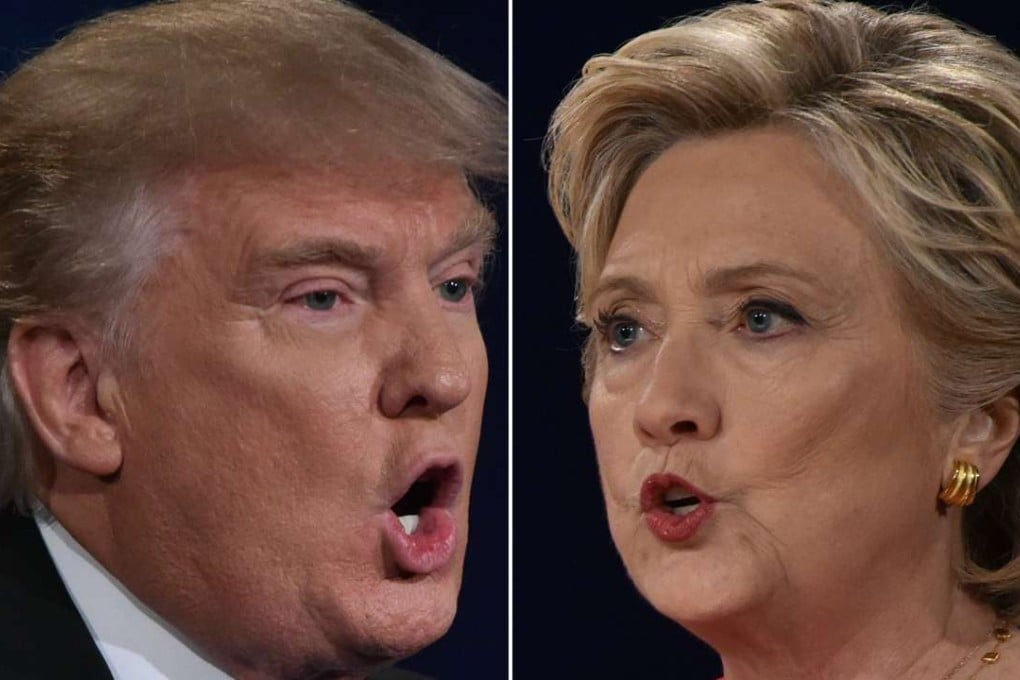As Trump, Duterte and Putin prove, respectful leaders are in short supply today
Paul Letters says the animosity seen in the current US presidential race is reflected in the lack of civil leadership styles elsewhere

Last week, a heartfelt hug between Michelle Obama, wife of the current US Democratic president, and former Republican president George W. Bush demonstrated the warmth between the two first couples and went viral. Meanwhile, millions of viewers in the US – and more online around the world – tuned in to the first presidential debate of 2016, anticipating animosity between the two candidates, Donald Trump and Hillary Clinton. Nobody expected a show of unmitigated civility, and, in that respect, nobody was disappointed.
Trump’s “manterrupting” of Clinton – he interrupted her three times as much as she him – and comments questioning her stamina (following her brief bout of pneumonia), wanders from discourtesy into sexism: the “weaker” sex, from Trump’s perspective, lacks stamina.

Into the slime: Trump and Clinton battle in tweetstorm over fat shaming of former Miss Universe
This US election year has seen an unprecedented cross-current of accusations of lying hurled across debate stages, including both to and from Clinton herself.
Before [the Watergate] scandal upturned American public perceptions and expectations of civility in their elected leaders, decorum and courtesy were more the norm
It has not always been so. We may think of late US president Richard Nixon as the foul-mouthed liar the Watergate tapes exposed him to be in the 1970s. However, before that scandal upturned American public perceptions and expectations of civility in their elected leaders, decorum and courtesy were more the norm – outwardly at least. In the first US presidential debate, televised live in 1960, both rising star John F. Kennedy and his opponent, then vice-president Nixon, showed a determined respect to each other.
Even in the 21st century, disrespect shown by one candidate to another can potentially cost them the election. When Al Gore demonstrably sighed in derision at one of George W. Bush’s comments in a 2000 presidential debate, it was Gore’s disrespect that would be derided by TV anchors and viewers replaying the clip ad infinitum. When the presidency eventually came down to 537 votes in Florida, that sigh counted at the ballot box.

Debate a model of civility, eloquence and wit
Is the degeneration of civility in American politics indicative of the wider world? Here in Hong Kong, our memories of debates in the Legislative Council in Donald Tsang Yam-kuen’s era seem quaint and civil – like the former chief executive’s characteristic bow-tie – compared to the growing bluster and filibuster of our post-bow-tie times.